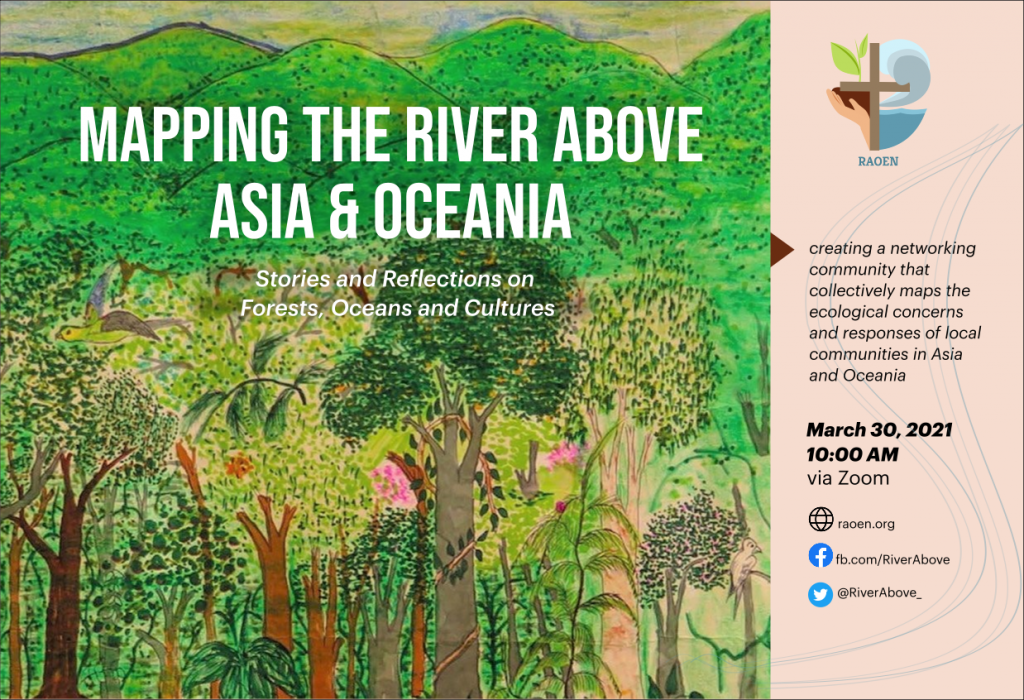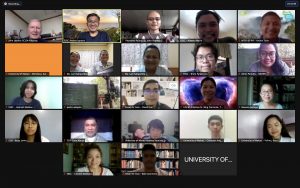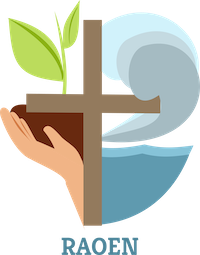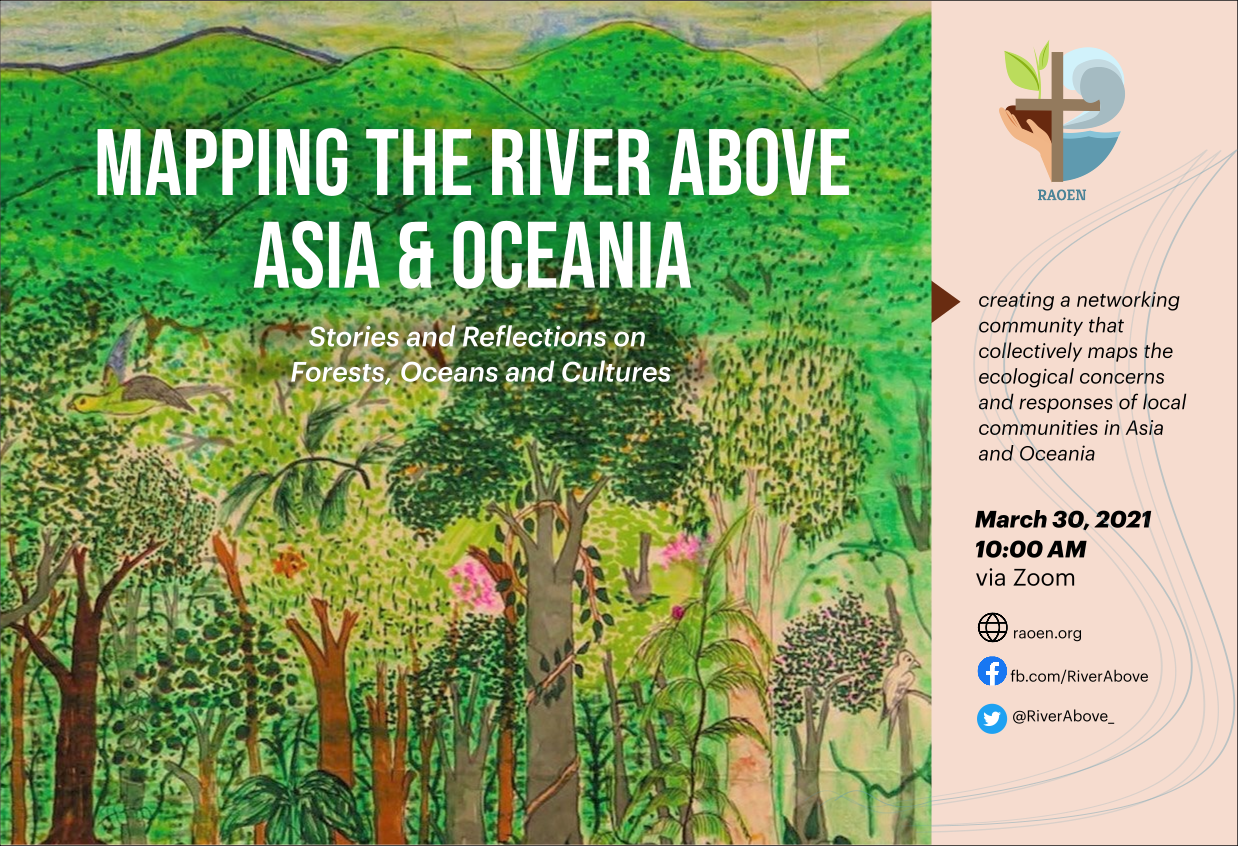RAOEN launches interactive mapping platform and workshop series in the Philippines

The River Above Asia Oceania Ecclesial Network (RAOEN) launched an interactive mapping platform as a venue for collaborators to engage online and share their stories about environmental concerns and actions in their communities. This is accompanied by a series of focused workshops to improve the platform and generate greater participation.
The first session, held 30 March, focused on the Philippines where representatives from non-government organizations, universities, and religious groups learned about RAOEN’s objectives and how the interactive mapping platform works.

“We’re trying to draw the concerns of communities and map them and see that there’s a great deal in common and a great extent of vulnerability,” RAOEN Network Catalyst Pedro Walpole said in his opening remarks.
“The effort is to be able to express this vulnerability with hope, (to show) that our community, faith circumstances, our relationships with land, people, and God, allow us to come together and to act,” he added.
The workshop not only familiarized collaborators with the tool, but more importantly, identified areas of improvement to ensure that communities can access and participate in the process. Workshop participants shared valuable suggestions in making the survey more accessible to communities in terms of language and technological resources, and in improving the questions to capture more of the stories on the ground.
As RAOEN Dialogue Coordinator Amor Paredes emphasized, “Mapping doesn’t always have to be about the technical (information). It is also a tool for expressing our hopes, persisting challenges, our dreams.”
The geomatics team from Environmental Science for Social Change (ESSC), a Jesuit research and training organization in the Philippines, provided technical assistance to RAOEN and guided participants in contributing information to the platform through an instructional video on how to use the RAOEN Interactive Mapping Platform.
More workshops for other countries in the region will be scheduled soon and it is hoped that RAOEN will obtain enough information and stories through this initiative to develop an atlas of ecological concerns and actions in Asia and Oceania.
“This is an effort to get back out and listen to communities,” Pedro Walpole said. “This is a listening process; a process of trying to engage communities, so that they feel that they can partake, and they feel that they are heard.”
Learn more about the RAOEN interactive mapping platform here.


